Think fast! What is The Flash about?
“A guy who runs fast?” says the reader.
Well, ok, yes, says the writer. But indulge me and step into Earth-Poetic License with me a bit here. I think Flash is one of the characters from DC Comics that are all about expansion. About stretching concepts, characters, powers as far as we can and challenging the characters to stray true to who they are and where they came from. And more often than changing, doing the most human thing is to give-in (hello, flashpoint) and learning how to face the consequences that come with it.
It doesn't matter if we talk about Jay Garrick, Barry Allen or Wally West. These guys run fast, sure, but they are also often late for dinner, they travel through multiverses and face Speed Gods on the same day their biggest worry is picking up roses for their dates. Flash comics are grandiose sci-fi adventures, classic superhero fun, and explorations of romance and family. And at the same time, they can delve into surprisingly specific metaphysical concepts.
Here 'sa rundown!
Here are some 'The Flash' reading recommendations
The Flash by William Messner-Loebs (1988–1992)
 Often overshadowed by Mark Waid's subsequent run, this often-overlooked period was crucial in revitalizing the character for Post-Crisis DC. After Barry’s death in Crisis on Infinite Earths, Wally is left to carry the legacy of his uncle while growing into his own.
Often overshadowed by Mark Waid's subsequent run, this often-overlooked period was crucial in revitalizing the character for Post-Crisis DC. After Barry’s death in Crisis on Infinite Earths, Wally is left to carry the legacy of his uncle while growing into his own.
It might take a more by-the-book approach, but in a good way. The kind where you pick up an issue and enjoy a full adventure. Wally goes through a lot of self-reflection while throwing punches. Well, he has a city to save but he also has bills to pay and the financial struggles he goes through grounds him and makes a whole generation fall in love with the character for the first time.
Pied Piper is a great supporting character with his own journey as well. Messner-Loebs actually gives the first steps to the legendary next few runs and should not be overlooked in any way.
The first part of his run is collected in Omnibus format.
The Flash by Mark Waid (1992-2000)
 This is definitely one of my favorites, though I suppose it's a fan favorite for many. It ties into that expansion we discussed earlier. The first arc, Born to Run, retells Wally's origin, making it the ideal starting point.
This is definitely one of my favorites, though I suppose it's a fan favorite for many. It ties into that expansion we discussed earlier. The first arc, Born to Run, retells Wally's origin, making it the ideal starting point.
Here, Wally is as confident as he is talented, and he is confronted by this statement in a very hardcore way. One simple way Flash-fans use to describe the differences between Wally and his uncle Barry is that Barry's connection to the Speed Force comes from a scientific side, while Wally's is emotional, almost spiritual and intuitive.
In the first half of the run, Waid tackles legacy with the simple yet effective The Return of Barry Allen. In the second half, he dives into the Speed-Force, exploring time travel and expanding Wally’s world with his own Flash family, including Max Mercury, Jesse Quick, and Bart Allen (Impulse). This culminates in some of the absolute best classic Flash arcs, like Terminal Velocity.
Don't miss on the two recent omnibuses,
collecting his run. I would say both are in the top choices of best DC omnibus to get if you are new to comics or if you loved comics all your life.

Grant Morrison & Mark Millar’s The Flash (1997–1998)
 Wait, these two also play around with the character? Hell yeah. These major rock stars of comics had a brief conjoined run in the middle of Waid's era and as you can guess, they didn't waste their shot.
Wait, these two also play around with the character? Hell yeah. These major rock stars of comics had a brief conjoined run in the middle of Waid's era and as you can guess, they didn't waste their shot.
More mythological and high-concept stories? Oh yes. A blend of sci-fi, horror, and psychological elements? It's Morrison, of course they experimented with darker tones, horror influences, and Silver Age-style weirdness. We get the first appearance of Black Flash, a speed force entity meant to tip the scales for speedsters. They test Wally's limit like the little rascals we know them to be. This story is a great middle chapter in the ever expanding-lore.
You can get the full run in a single beautiful deluxe hardcover edition that looks baller next to Waid's omnis.
Geoff Johns The Flash (2000–2005, 2009–2011)
 Johns dominated DC’s first decade of the 21st century. While he rightfully gets credit for his Green Lantern, JSA, and Titans reboots, he brings the same energy to both Wally and Barry in this zany, all-out fun run. Among all his reboots, this one feels like the most connected to previous ideas rather than being a completely new vision.
Johns dominated DC’s first decade of the 21st century. While he rightfully gets credit for his Green Lantern, JSA, and Titans reboots, he brings the same energy to both Wally and Barry in this zany, all-out fun run. Among all his reboots, this one feels like the most connected to previous ideas rather than being a completely new vision.
Wally truly feels like he's found his perfect place here, with a deeper exploration of his family life. When Barry comes back later in the run, Johns balances both stories in a way that's really satisfying. He makes a strong case for why both Wally and Barry are The Flash - something DC would forget for nearly a decade.
The heart of Johns' vision, though, is the villains. The Rogues - like Captain Cold, Gilder, Heat Wave, Mirror Master, and Trickster - take center stage, each getting rich backstories and arcs that are both fully fleshed out and incredibly compelling. It all builds to a breathtaking climax in Rogues War. Seriously, you'll devour these Omnibuses like candy. You pick up the book for The Flash, but you’ll find yourself staying for the Rogues.
And of course, it leads to the most famous, and sometimes mischaracterized, Flash story of all time: Flashpoint, where Barry uses his powers to travel back in time, save his mother’s life, and clear his father’s name from the wrongful murder conviction that ruined his life. This changes the future and gives us things like a Thomas Wayne Batman and an Atlantean and Amazonian full-out war. It is also what leads into the New 52 line-wide reboot.
Beyond the whole alternate-universe Flash stuff, there's a deeper story here about a hurt kid coming to terms with sacrifice and realizing the incredible impact one act of courage can have. It's about the courage to make a choice that none of us would probably make in his shoes, to rise above what seems easiest and do what’s right, no matter the cost.
Johns writes Zoom as this terrifying, unstoppable force in Wally's life, relentlessly determined to tear apart everything and everyone he loves. It's a brilliant way to push the character to his absolute limit. The way it's portrayed serves as a powerful metaphor for that overwhelming feeling of sinking into despair we all experience from time to time - and a call for inner peace as an act of resistance in the face of tragedy.
The whole run is collected in three omnibuses:
- The Flash by Geoff Johns Omnibus Vol. 1
- The Flash by Geoff Johns Omnibus Vol. 2
- The Flash by Geoff Johns Omnibus Vol. 3
 And Flashpoint's full storyline is also collected in one omnibus and multiple deluxe editions.
And Flashpoint's full storyline is also collected in one omnibus and multiple deluxe editions.
The Flash by Francis Manapul & Brian Buccellato (2011–2014) New 52
 In the DC Comics relaunch, Barry Allen takes the spotlight, and the stories shift focus toward his detective and scientist side. The visuals truly steal the show. You'll find some of the most breathtaking and intricate pages that showcase his powers with incredible fluidity. It's a feast for the eyes.
In the DC Comics relaunch, Barry Allen takes the spotlight, and the stories shift focus toward his detective and scientist side. The visuals truly steal the show. You'll find some of the most breathtaking and intricate pages that showcase his powers with incredible fluidity. It's a feast for the eyes.
The writing has a perfect TV-show feel to it, making it a great recommendation for anyone familiar with the character through Grant Gustin’s portrayal on The CW. Barry feels young again, and his exploration of his powers in fresh, inventive ways sets him apart from Wally, adding a new layer to his character.
It's collected in one pitch-perfect The Flash By Francis Manapul and Brian Buccellato Omnibus.
 The Flash by Joshua Williamson (2016–2021) Rebirth Era
The Flash by Joshua Williamson (2016–2021) Rebirth Era
 Oh, you want the entire Flash universe? Joshua’s got you covered. Wally’s back, Barry isn’t going anywhere, and even Impulse makes an appearance. Seriously, the entire Flash family is here. This is a deep dive into the Flash mythology that doesn’t overlook a single piece of it. It’s a tough balancing act, but it feels seamless and cohesive, making a definitive case that everything, every character, every piece of the legacy, can coexist in this universe. It’s the ultimate celebration of everything Flash.
Oh, you want the entire Flash universe? Joshua’s got you covered. Wally’s back, Barry isn’t going anywhere, and even Impulse makes an appearance. Seriously, the entire Flash family is here. This is a deep dive into the Flash mythology that doesn’t overlook a single piece of it. It’s a tough balancing act, but it feels seamless and cohesive, making a definitive case that everything, every character, every piece of the legacy, can coexist in this universe. It’s the ultimate celebration of everything Flash.
The zany romance, the family dynamics, the Speed Force, the sci-fi adventures, and that science detective vibe, all of it’s here. It’s one of the biggest Flash runs in history, especially in today’s comics reboot landscape. What makes it stand out is that Williamson crafts a truly sequential story that makes you feel like you’re on a journey with these characters. It’s the kind of storytelling editors often forget is the reason we buy ongoing comics in the first place (I know, crazy, right?), rather than just getting what feels like future graphic novels in disguise.
It's been collected in two Omnibuses:
By the end of it, you'll feel like Williamson took you through a full-circle, long-form storytelling journey.

Other 'The Flash' comic recommendations if you read them all too fast and can't get enough!
Dip into what's happening right now with Simon Spurrier's current run getting the TPBs or the single issues. It's the closest we ever got to a Jonathan Hickman-style Flash run that feels almost like something from his Fantastic Four books.
You can also go for some pre-Crisis storylines with the new DC Finest: The Flash: The Human Thunderbolt line republishing some silver-age goodness.
Some classic storylines worth mentioning are "Flash of Two Worlds" (The Flash #123, 1961) that basically introduces the concept of the DC Multiverse. One could definitely argue that, given the current place of superheroes in pop culture, this is one of the most essential and defining stories, not just for The Flash, but for the entire genre
"The Trail of the Flash" (The Flash #179, 1968) features groundbreaking meta storytelling that places Barry in our reality, while "The Death of Iris West" (The Flash #275-284, 1979-1980) – as the title suggests – deals with this heartbreaking tragedy.
And we haven’t even touched much on Jay Garrick. You can pick up his recent miniseries or dive into his stories with the JSA, like in Geoff Johns’ omnibuses, where he truly shines the brightest.
The Flash is more than just Barry Allen
At its core, The Flash is about momentum. Not just in speed, but in storytelling, legacy, and personal growth. Jay Garrick pioneering heroism, Barry Allen redefining the impossible, Wally West discovering his own path - every era of The Flash is about pushing boundaries.
From lighthearted sci-fi romps to deep metaphysical explorations, the character thrives on change while always staying true to his heart.
Each writer brings something unique: Messner-Loebs grounded Wally, Waid expanded the mythology, Morrison & Millar played with reality, Johns elevated the villains, Manapul redefined the visuals, and Williamson embraced it all.
No matter where you start, The Flash is a journey worth taking. When time feels like it's slipping away, there's always a way to move forward.







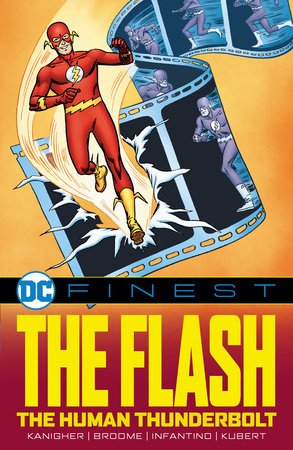
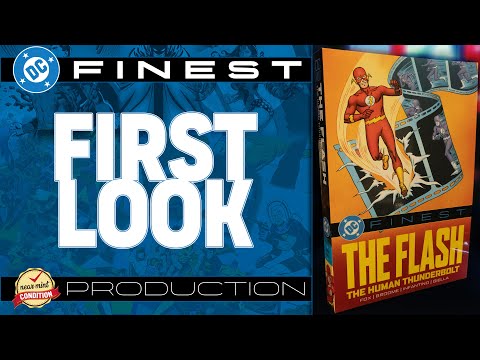
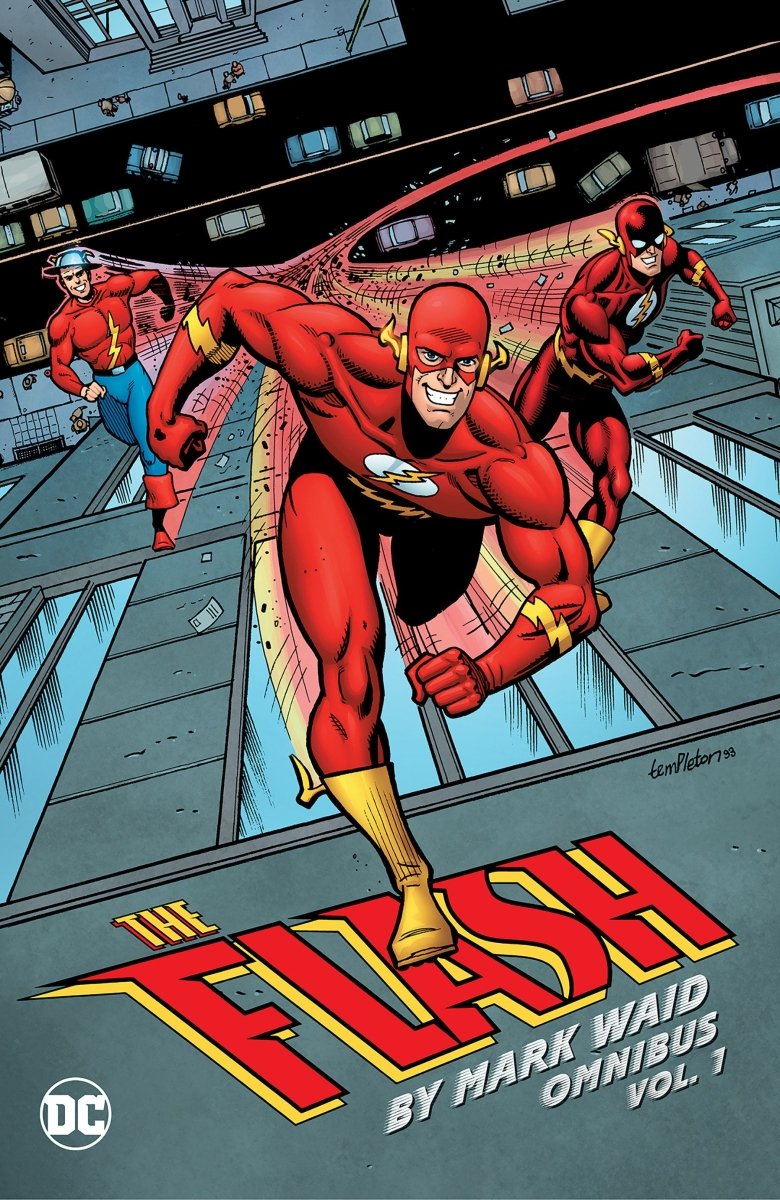
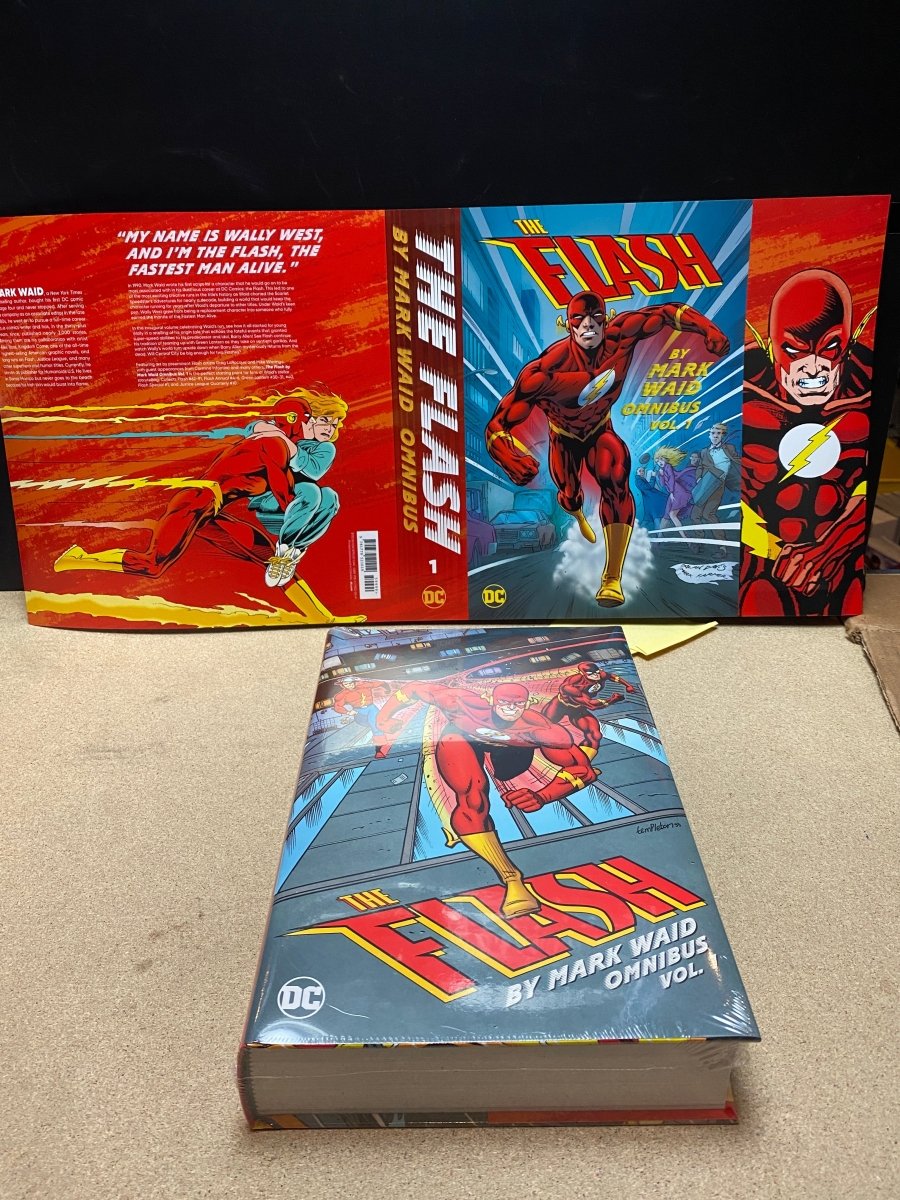
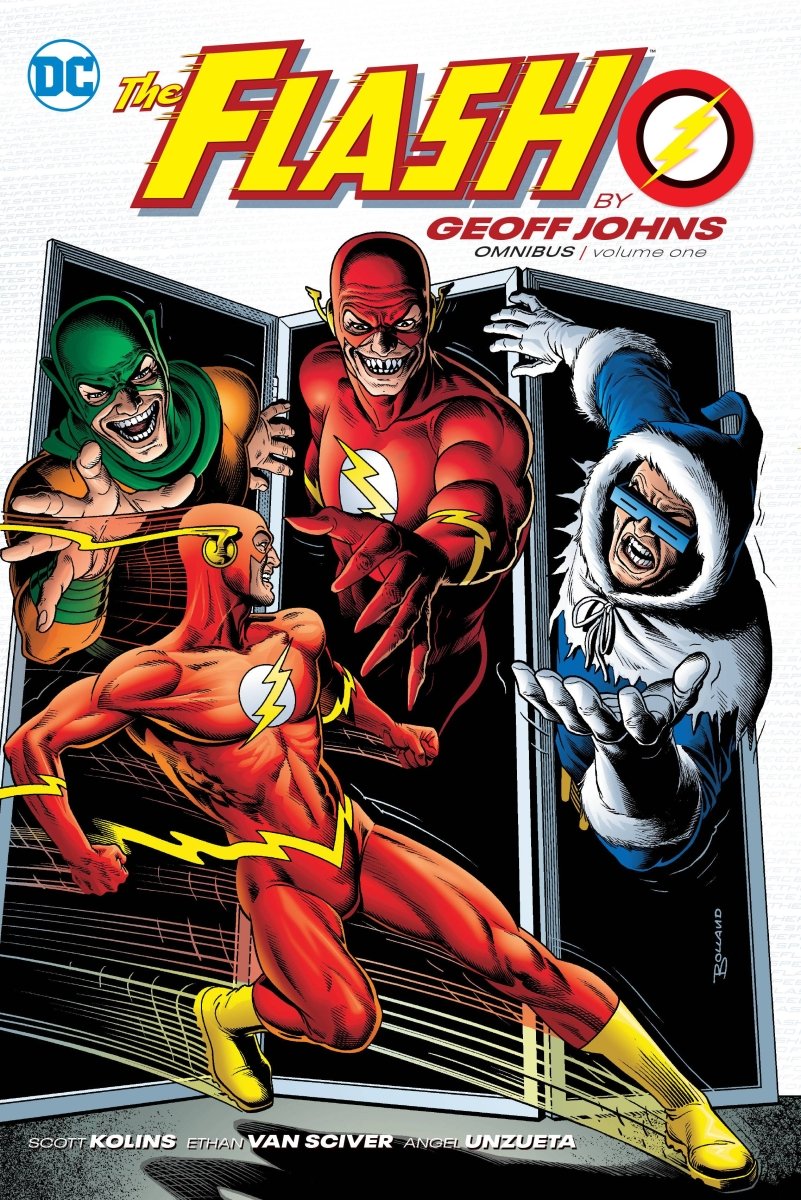
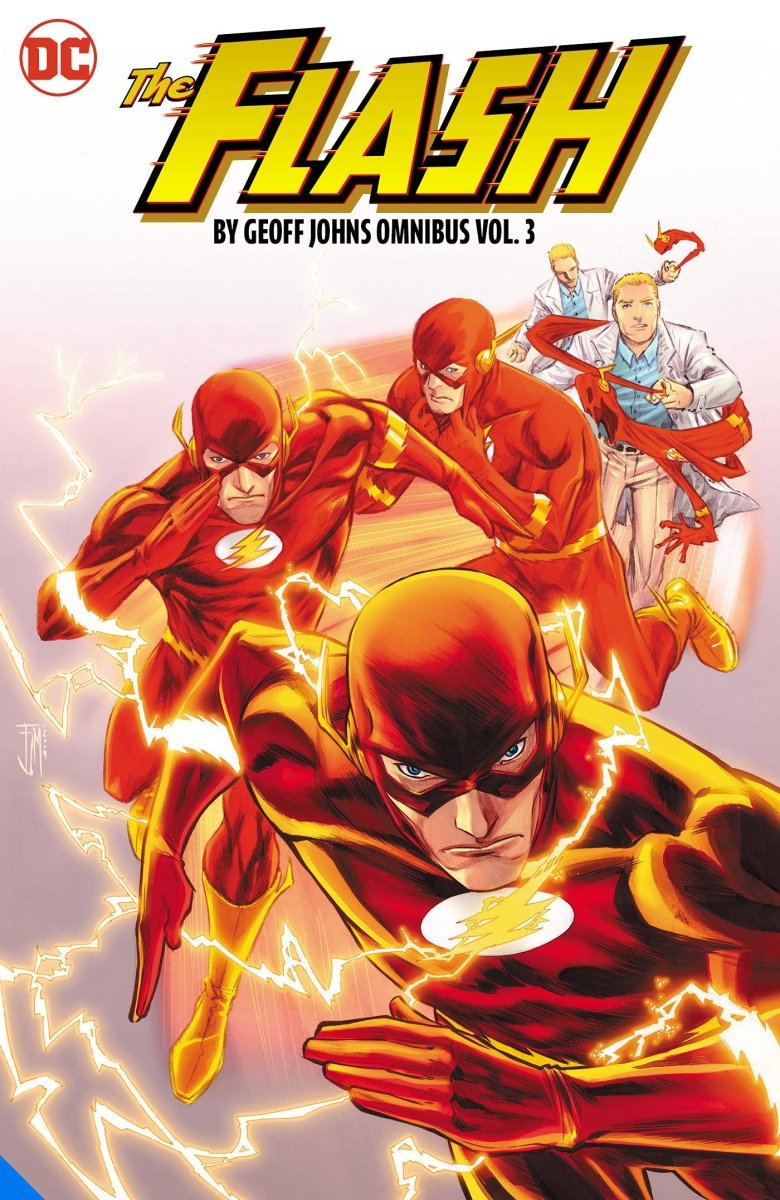
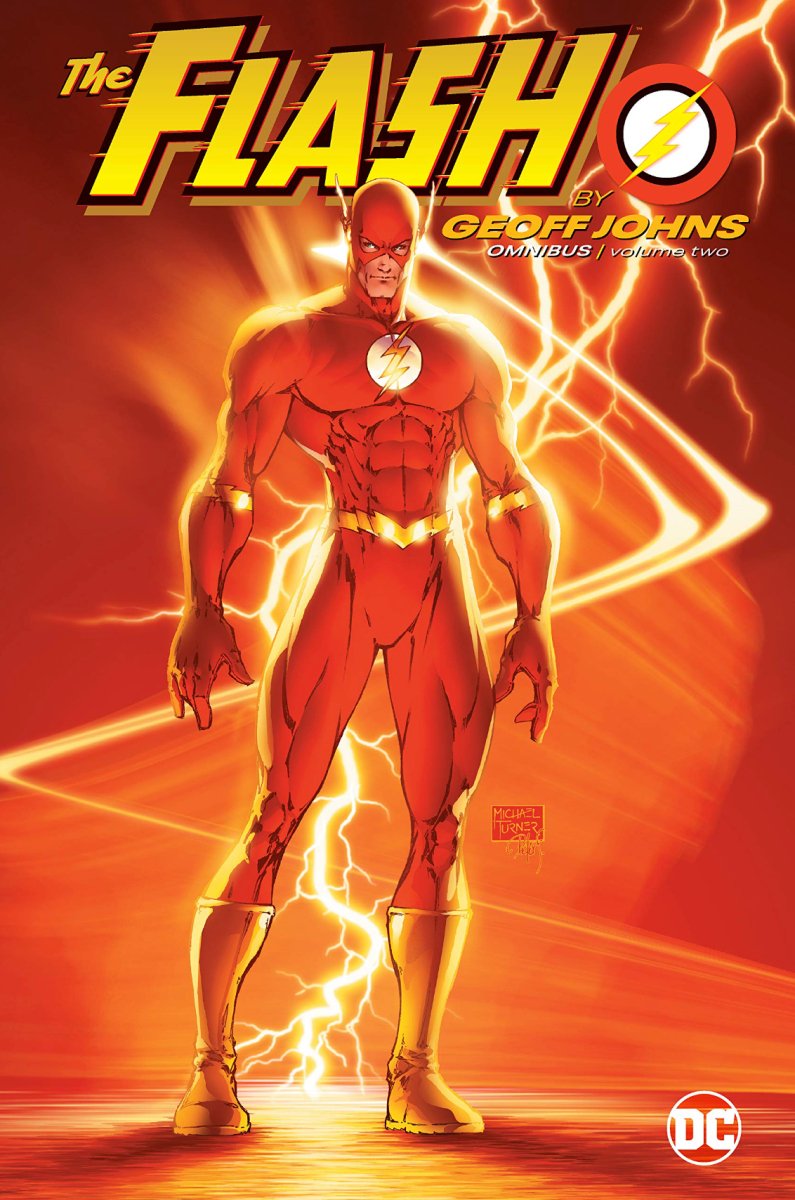
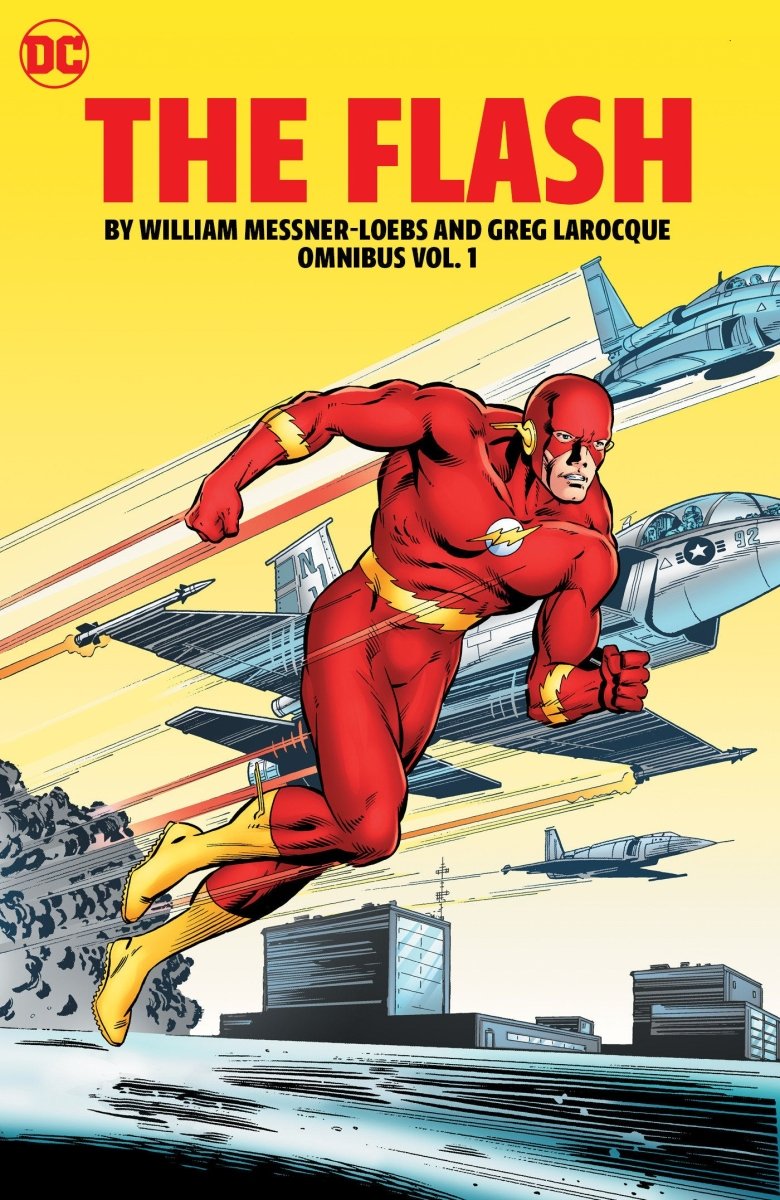
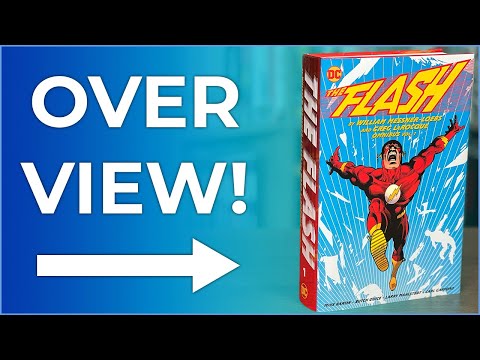
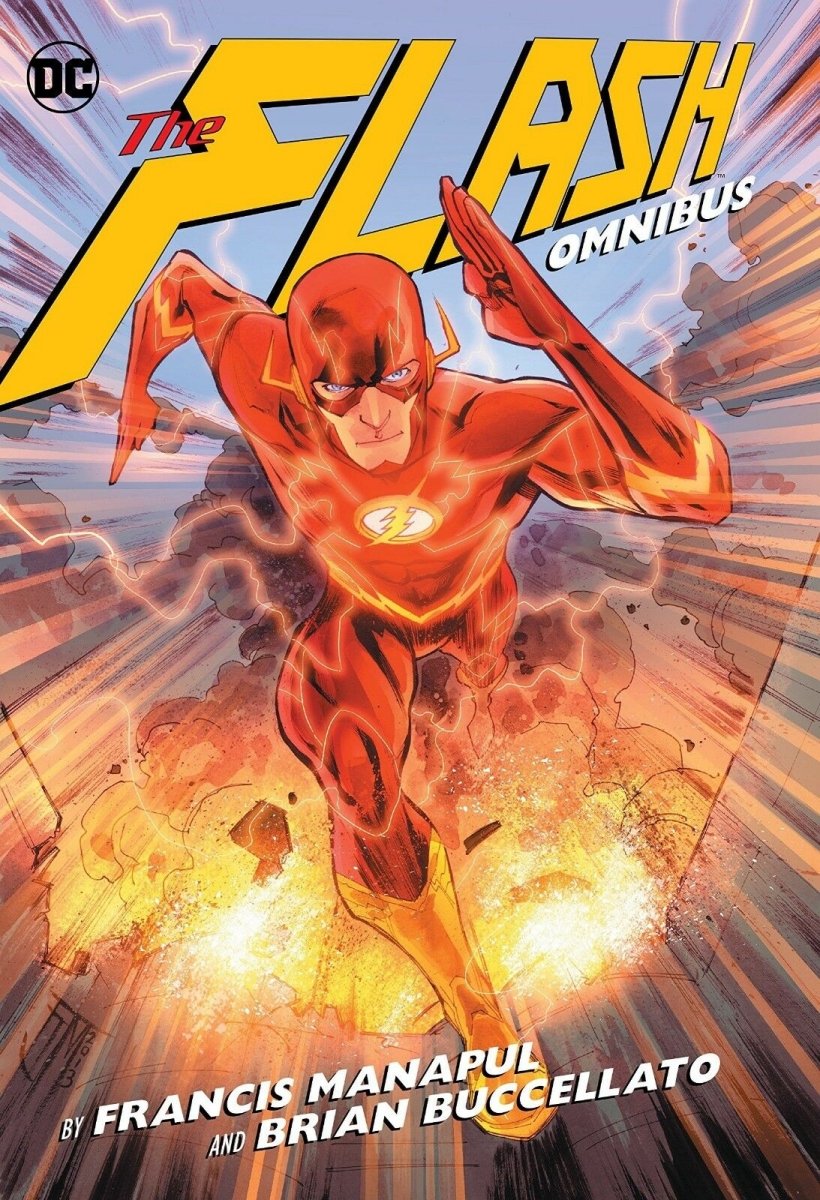
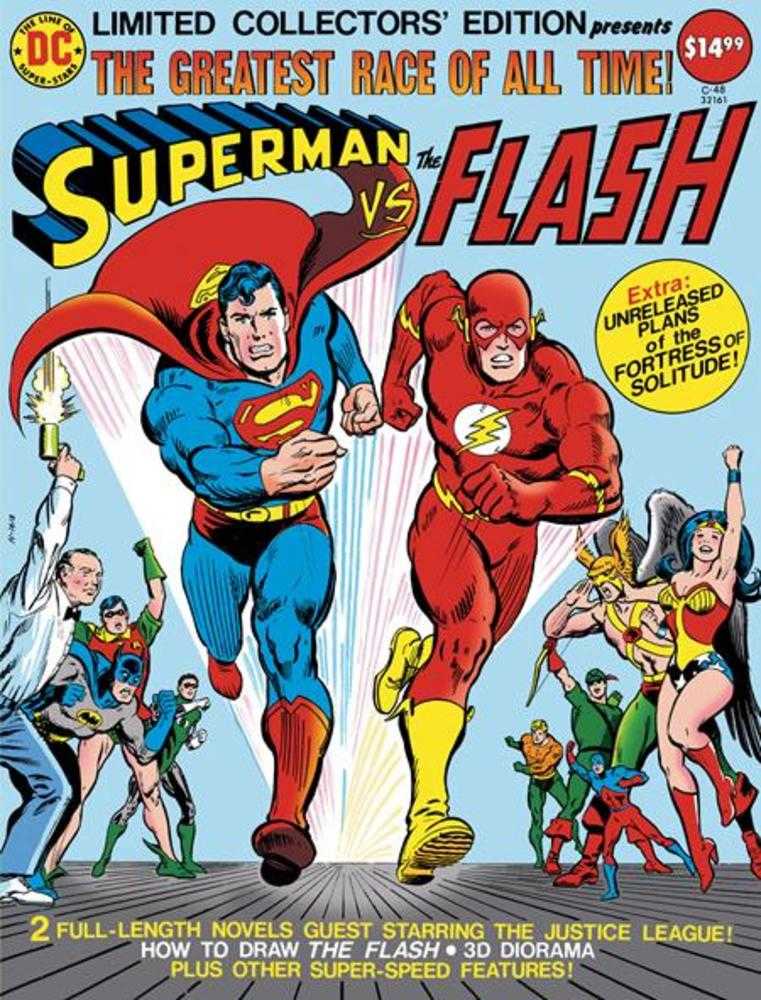
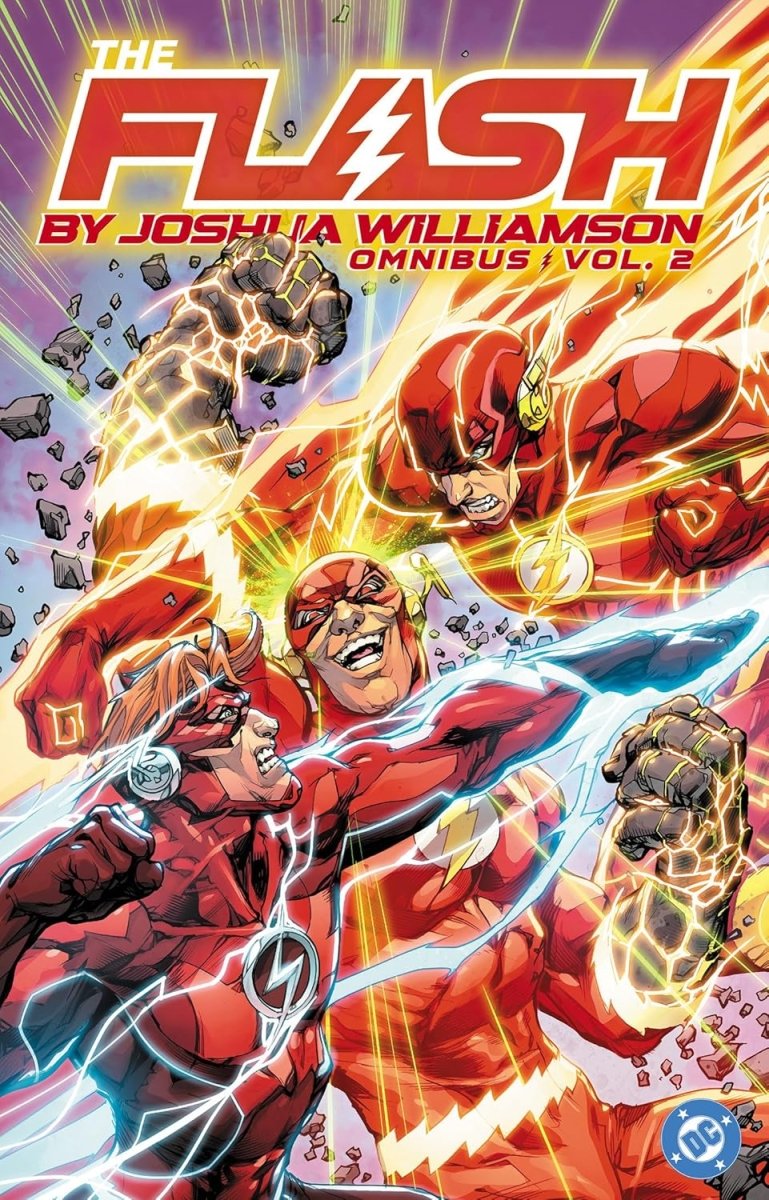
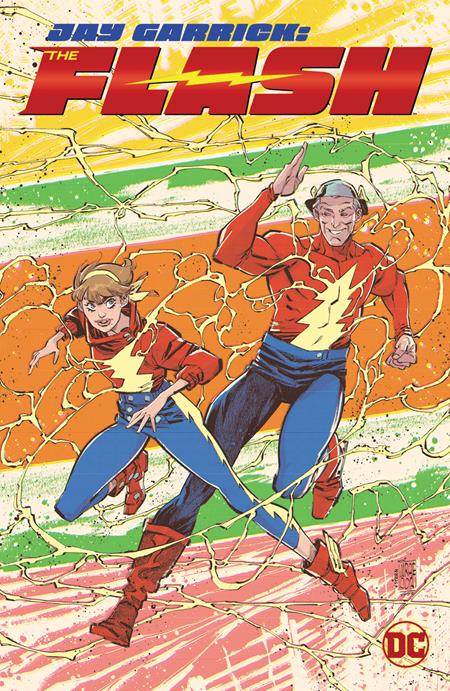
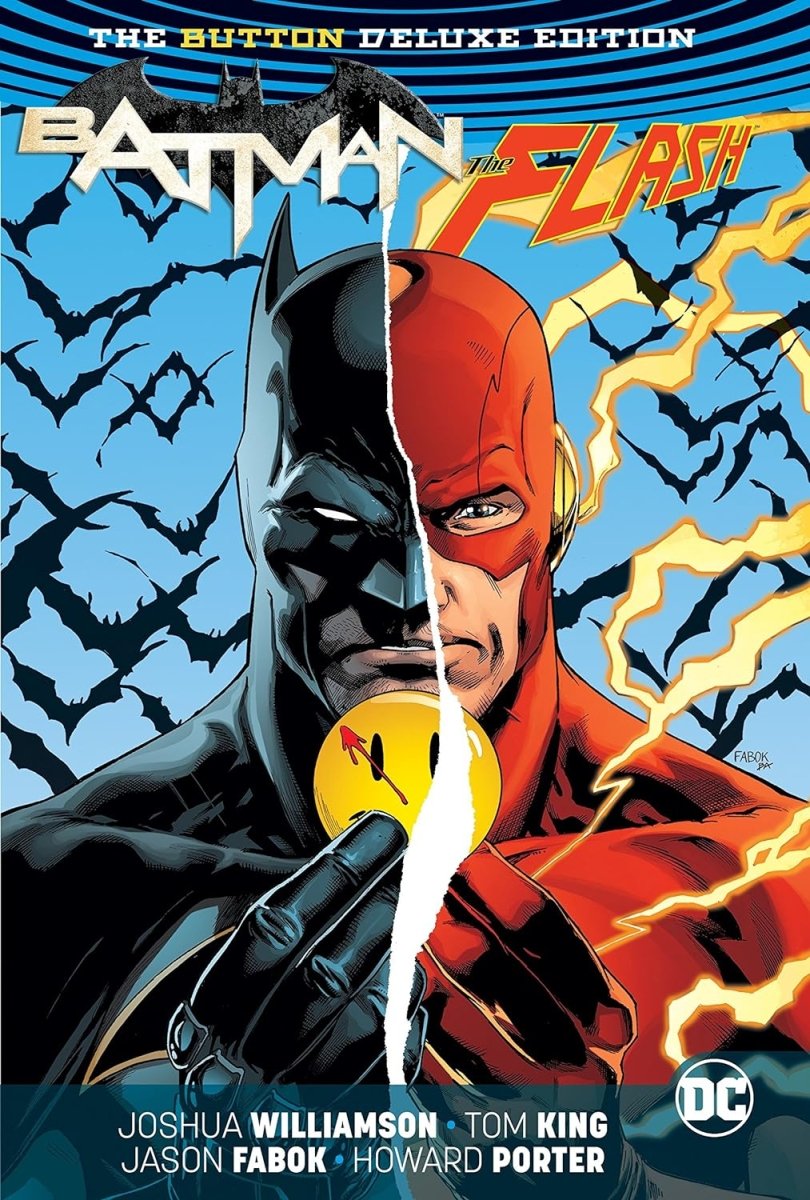
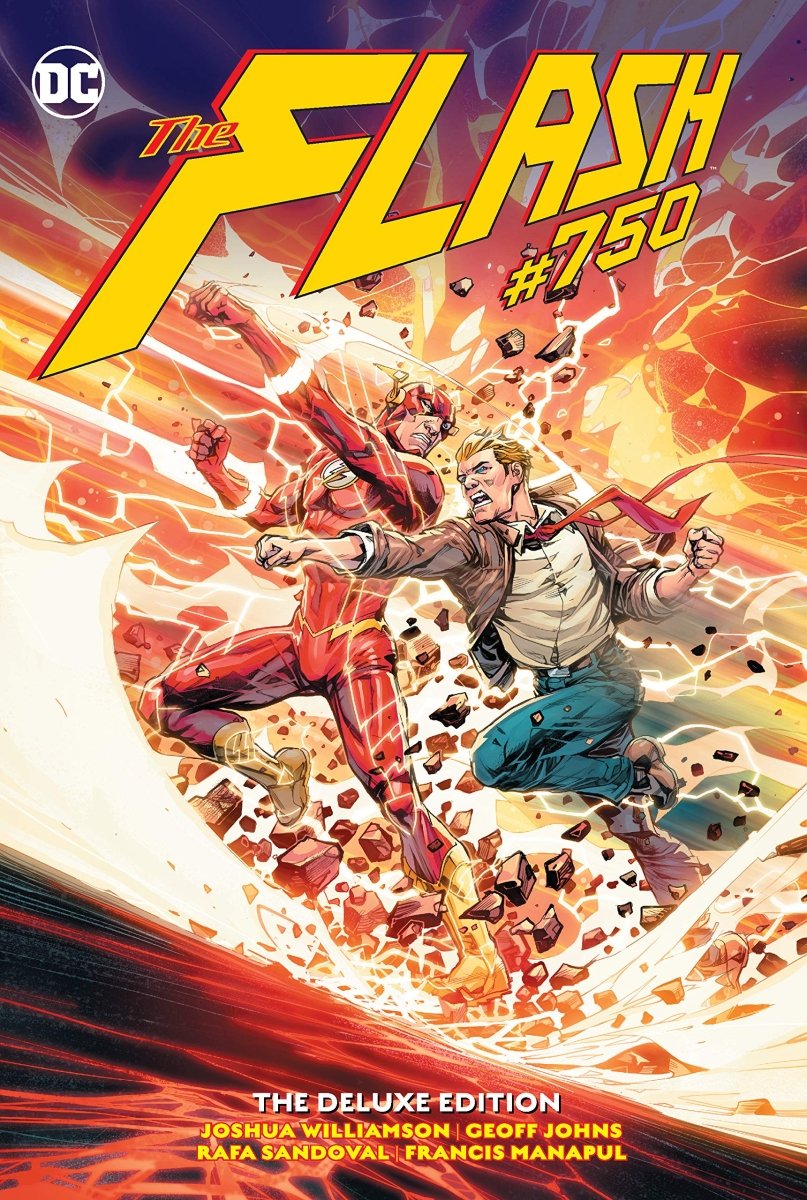
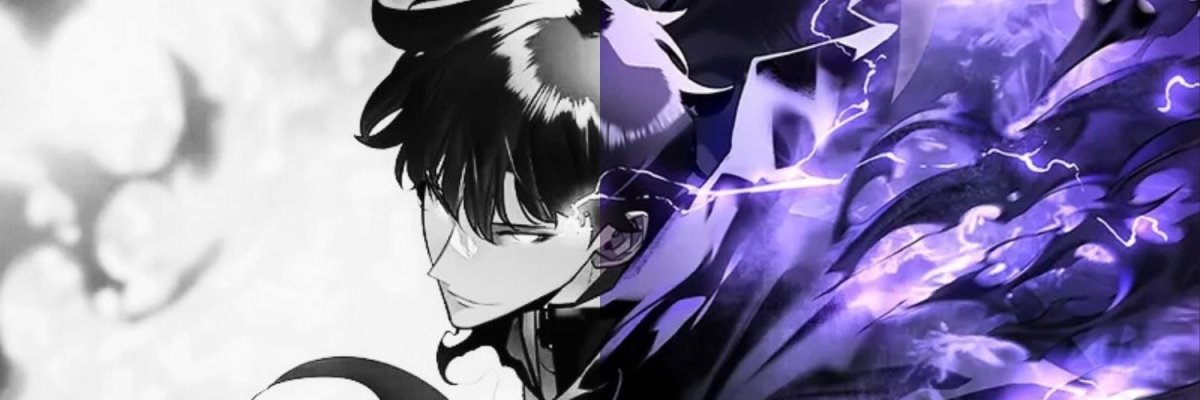
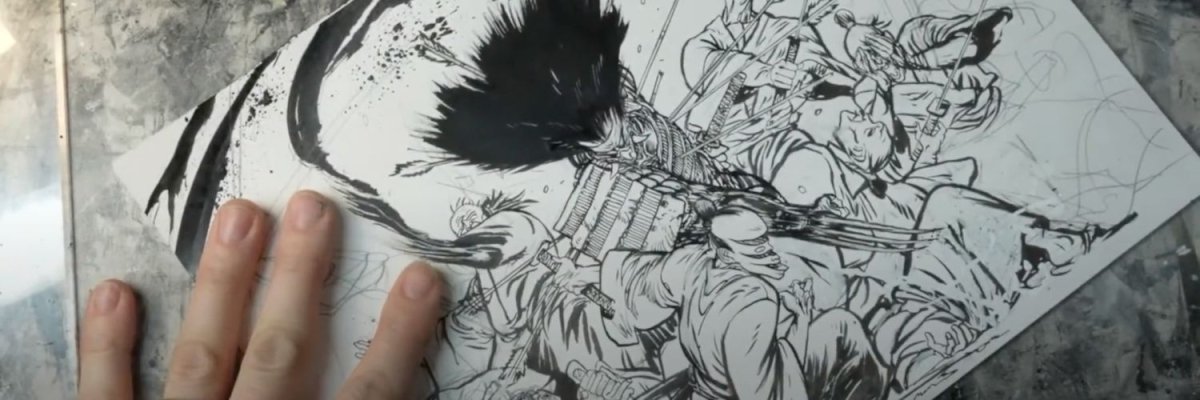
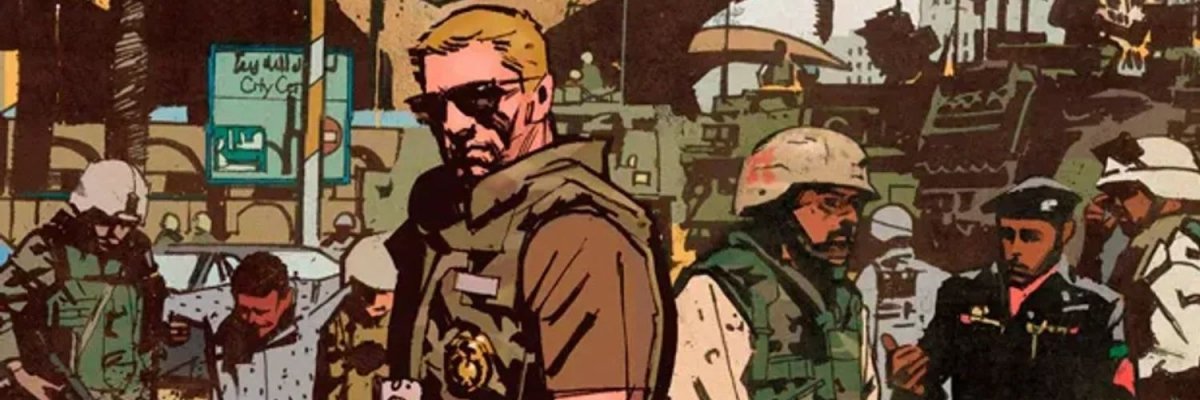
1 Kommentar
Helen
The Flash was my first point of contact with comics, so this character has a very special place in my heart! love the reading reccomendations!!